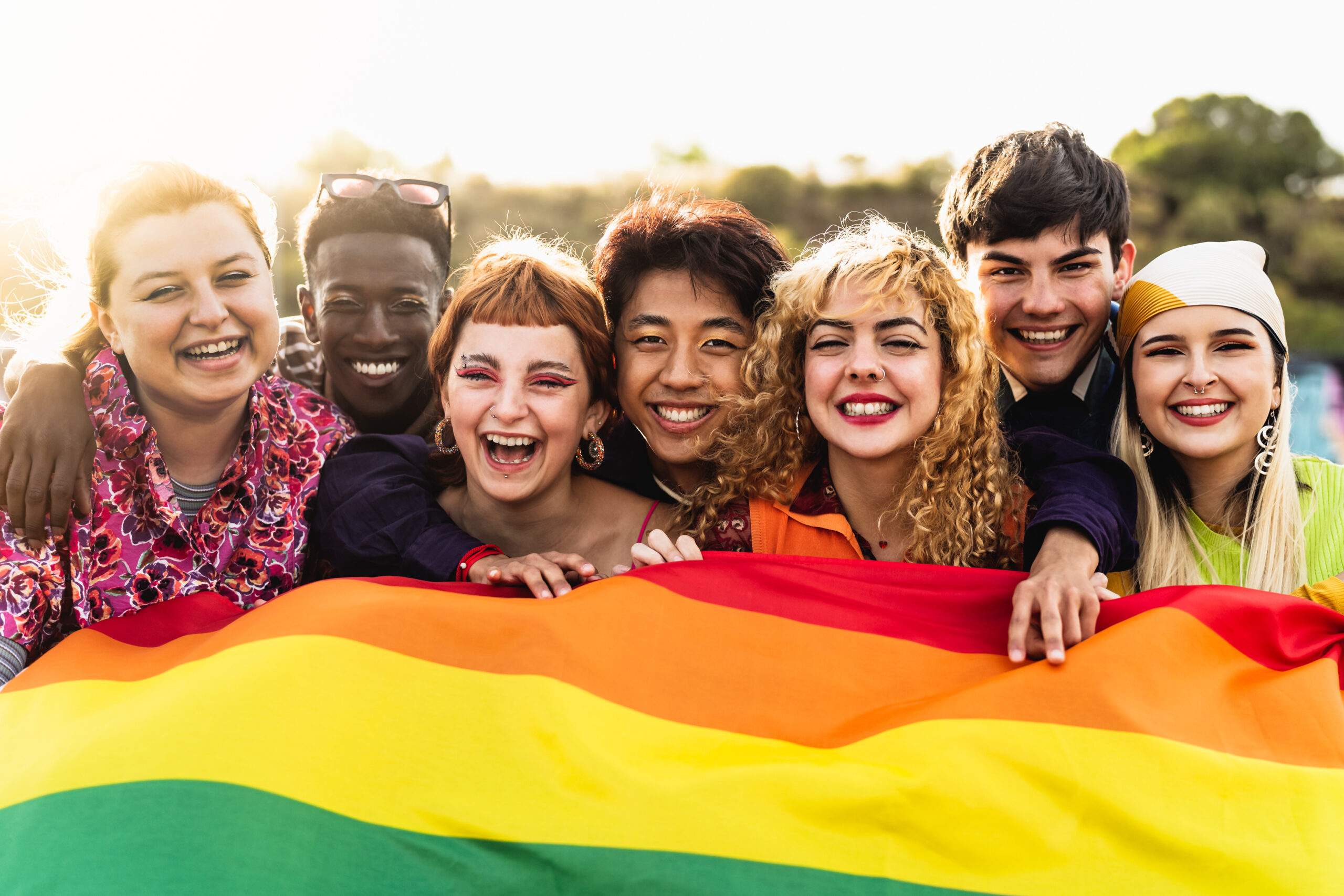The South And Marriage Equality, Part I: Between A Rock And A Hard Place
Days after the landmark U.S. Supreme Court hearings for Proposition 8 and the Defense of Marriage Act, Sue Everhart, a chief figure in Georgia’s Republican Party, voiced disdain over the proceedings. “Lord, I’m going to get in trouble over this, but it is not natural for two women or two men to be married,” Everhart told The Marietta Daily Journal. “If it was natural, they would have the equipment to have a sexual relationship.”
Juxtaposed with the masses of celebratory, often high-profile, marriage equality ralliers on the marble steps of America’s highest court, Everhart’s sentiments are a sobering reminder that the posterchildren of the anti-gay opposition are changing. The National Organization for Marriage–the leading anti-marriage equality organization in the States–has suffered critical drops in funding in the past year. The Mormon Church–the chief financier of Proposition 8–has since shifted its anti-gay stance. Meanwhile, Westboro Baptist Church’s membership has dwindled so substantially that a devilish drag queen single-handedly made them the laughing stock of the SCOTUS rally last Tuesday.
In 2013, the biggest adversaries in the fight for national marriage equality are not major nonprofits or institutions. These “traditional marriage” pin-ups are politicians like Everhart who hail from states with bans on same-sex unions–many of which are located in the Southeast.
The GOP chair’s comments aren’t nearly as offensive as they are hackneyed. They bear an uncanny resemblance to those made by Mike Huckabee, the Arkansan and former presidential candidate who infamously declared, “I feel homosexuality is an aberrant, unnatural, and sinful lifestyle, and we now know it can pose a dangerous public health risk,” as well as South Carolina Senator Lindsey Graham, who, in a giddy moment of “the South will rise again” zeal–perplexingly compared the fight for marriage equality to the Civil War.
Given the South’s leadership, it may be tempting to dismiss the region as an uneducated paradise that is politically arthritic over previous battles lost to the federal government. Yet the exclusion of Southerners from dialogues surrounding the 1,138 rights which hinge upon marriage equality must not go unnoticed. When the Supreme Court eventually rules on Proposition 8 this summer, there are four speculated outcomes. The least probable verdict is in favor of recognition of same-sex marriage in every state in the union. This is the only one which would even affect Southern states. Regardless, this didn’t prevent Justice Scalia from making the late South Carolinian senator Strom Thurmond the butt of a joke during hearings.
Pitted between the cognitive dissonance of state politicians and the condescension of national leaders, it’s tricky to determine whether or not Southerners actually support marriage equality. The answer to that question is a mixed bag. Last November, Pew Research released a comprehensive study on regional attitudes towards marriage equality. With a waning 48% of their populations opposing marriage equality, South Atlantic states like Florida and the Virginias are considerably more up to speed with the rest of the nation. While a constitutional ban on gay marriage is still law of the land in Florida and Georgia, many larger cities have allowed domestic partnerships, the Atlanta City Council even going so far as to pass a resolution supporting marriage equality. It’s worth noting that Georgia legalized homosexuality years before the existence of Lawrence v. Texas and American Apparel “Legalize Gay” v-necks.
However, things are more grim in South Central states. Not only are 56% percent of citizens living in insular states such as Louisiana, Mississippi, and Arkansas against marriage reform, but statistician Nate Silver estimates that–if left up to states to decide–the Magnolia State will be final state to give same-sex marriage the go ‘head, and not anytime soon. The projected year of legalization is 2030.
Given that the only court ruling on marriage equality in the South in 2013 is the court of public opinion, perhaps the person with the final say in the matter should be a Southerner well-versed in national, state, and local legislation; someone like former President Jimmy Carter, who, when asked for his thoughts on marriage equality, responded, “Homosexuality was well known in the ancient world, well before Christ was born and Jesus never said a word about homosexuality. In all of his teachings about multiple things—he never said that gay people should be condemned. I personally think it is very fine for gay people to be married in civil ceremonies.”

